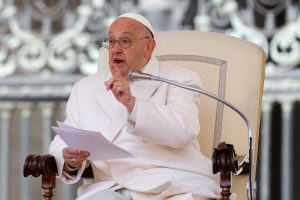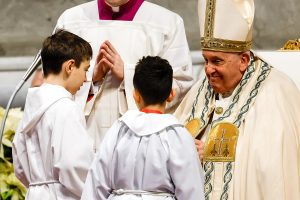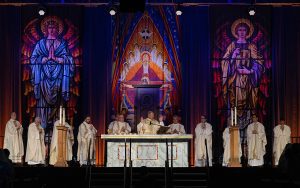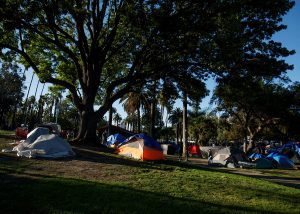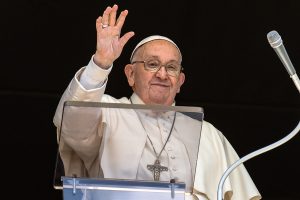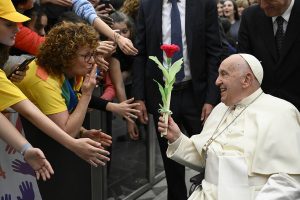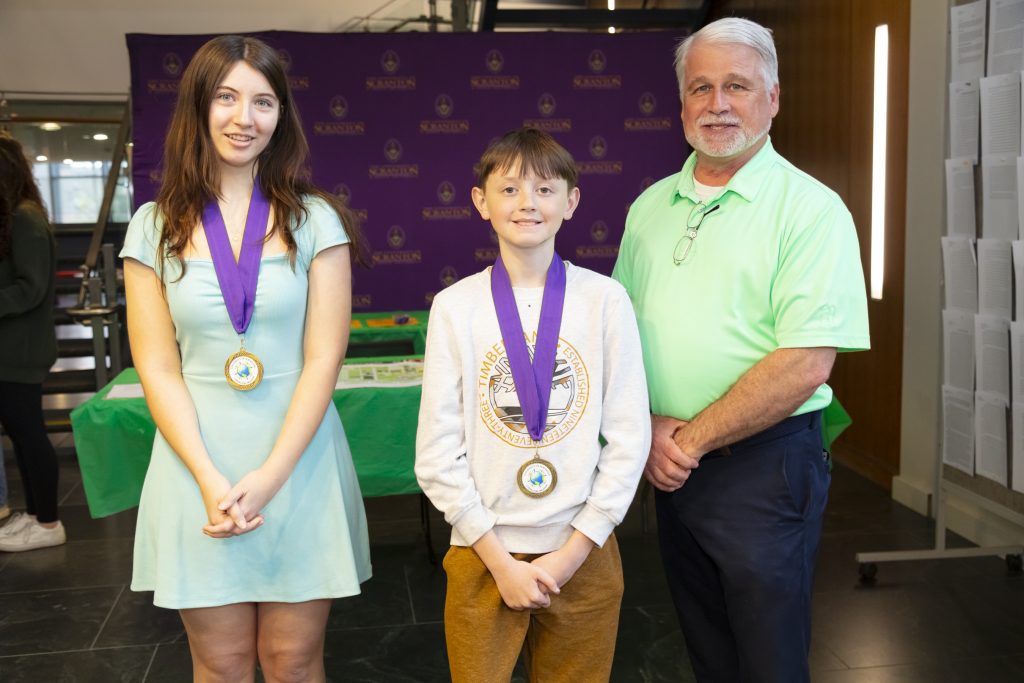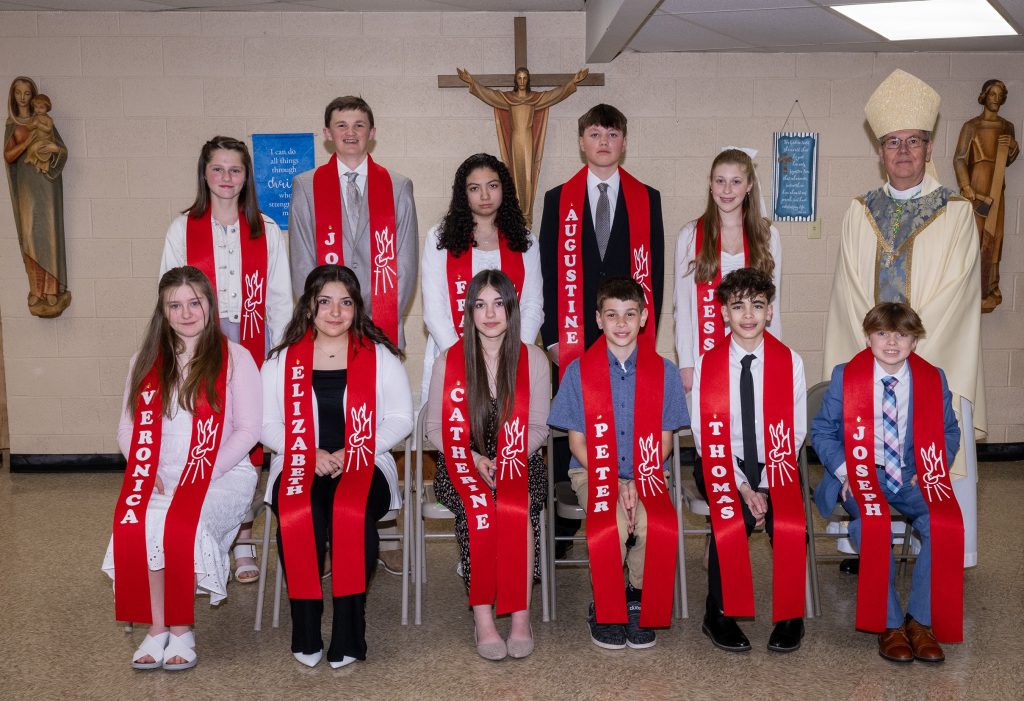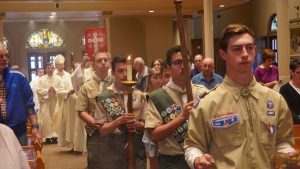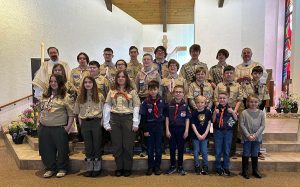During XVIII Assembly of the Italian Catholic Action in Sacrofano, Cardinal Marcello Semeraro, prefect of the Dicastery for the Causes of Saints, told those gathered that “the canonization of Blessed Pier Giorgio Frassati is now clear on the horizon and looming for the next jubilee year” of 2025.
According to the Italian newspaper Avvenire, the declaration was met with resounding applause by the thousands of members present, marking a momentous occasion for devotees of Frassati and the wider Catholic community. An official declaration on the matter has yet to come from the Vatican.
Pier Giorgio Frassati, born in Turin in 1901, has inspired countless young people. During his life he was known for his zealous love of God and dedication to serving the less fortunate. Though brief, his life was vibrant with activities ranging from mountaineering to serving the poorest through the St. Vincent de Paul Society, showcasing his dynamic approach to faith and charity. He was also a lay Dominican. He died at the young age of 24 and was beatified in 1990.
During his homily at Pier Giorgio’s beatification Mass, St. John Paul II described Frassati as “the man of the Beatitudes.” He emphasized that Pier Giorgio lived his Christian vocation with joy and pride as part of Catholic Action, the first Catholic lay association founded in Italy in 1867, committing himself to loving Jesus and seeing Him in everyone he met.
In his message for World Youth Day 2016, Pope Francis encouraged young people to look to Pier Giorgio’s example. The pope said, “Pier Giorgio was a young man who understood what it means to have a merciful heart that responds to those most in need.” He urged young people to respond to the needs of the poor the way Pier Giorgio did, in a hidden and unassuming way.
The canonization would recognize Pier Giorgio’s impact not only as a spiritual figure but also as a social advocate in his hometown of Turin, where he is considered one of the city’s “social saints.” His efforts in defending the faith and engaging in charitable works set a powerful example of how the Christian faith can intersect with all human experiences.
Giuseppe Notarstefano, president of Italian Catholic Action, expressed immense gratitude for the news to the Italian newspaper Avvenire, seeing it as a “precious gift” to the association, especially as they celebrate their National Assembly. He reflected on how Frassati’s life embodied the ethos of Catholic Action, blending daily life with faith and creating an enduring legacy of Christian fellowship and social advocacy.

